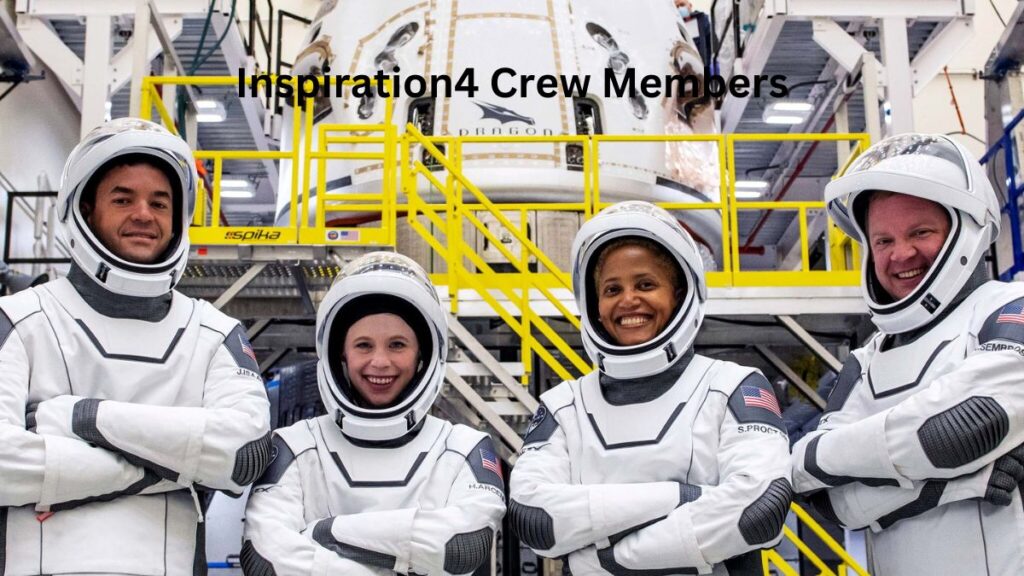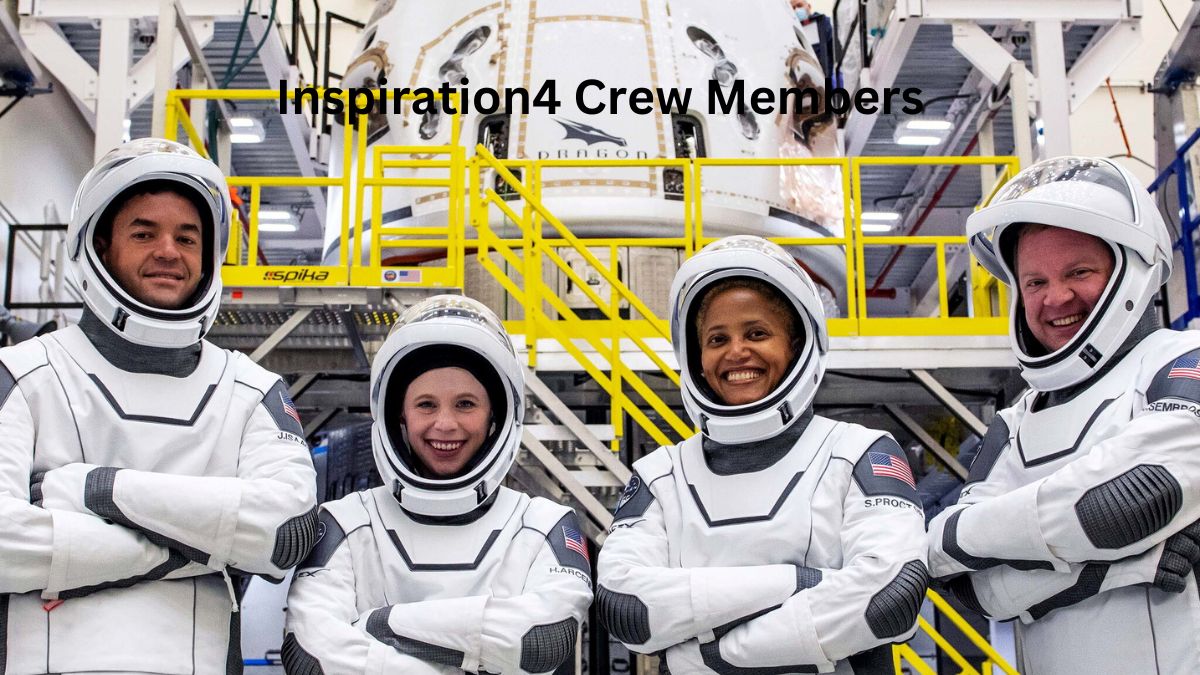
Space travel and exploration, even for short durations, induces notable physical and mental changes. This was evident when four individuals who spent three days off Earth in September 2021 experienced various alterations, including modest cognitive declines, stressed immune systems, and genetic changes within their cells. These findings were reported in a series of papers published in *Nature* and related journals.
Returning to Normal
Almost all changes observed in the astronauts reverted to normal after their return to Earth. None of these alterations seemed to pose a significant threat to future space travelers. However, the results highlighted the vast unknowns in space medical research. Christopher Mason, a professor of genomics, physiology, and biophysics at Weill Cornell Medicine in New York City, described the collection of papers and data as “the most in-depth examination we’ve ever had of a crew.”
The Inspiration4 Mission
The four astronauts were part of the Inspiration4 mission, the first orbital trip with a crew of non-professional astronauts. Led by billionaire entrepreneur Jared Isaacman, the mission included Hayley Arceneaux, a physician’s assistant and cancer survivor; Sian Proctor, a community college geoscience professor; and Christopher Sembroski, an engineer. The crew consented to participate in medical experiments, providing samples of blood, urine, feces, and saliva during their flight. This data was cataloged in the Space Omics and Medical Atlas (SOMA), which is publicly available.
A Diverse Data Pool
SOMA includes data from private space missions and Japanese astronauts who have flown to the International Space Station. It also features a study comparing the health of NASA astronaut Scott Kelly, who spent 340 days on the ISS, with his twin brother Mark, a retired astronaut and now a U.S. senator. With more private citizens venturing into space, SOMA aims to gather a broader range of information than the data from the early Space Age, which focused on older white male astronauts. This broader data pool could lead to treatments tailored to individual astronauts to counteract the effects of spaceflight.
Comparing Short-Term and Long-Term Effects Of Space Travel And Exploration
The wealth of information allows scientists to compare short-term and long-term effects of space travel. During Scott Kelly’s year in space, his DNA’s age markers, known as telomeres, grew longer, suggesting he became biologically younger. However, these telomeres mostly returned to their original size upon his return to Earth, with some becoming even shorter than before, indicating accelerated aging. Similarly, the telomeres of all four Inspiration4 astronauts lengthened and then shortened, showing that these changes occur quickly in space.
Radiation and Its Effects
Susan Bailey, a professor of radiation cancer biology and oncology at Colorado State University, led the telomere research. She noted that RNA corresponding to the telomeres had also changed in the astronauts, a phenomenon observed in people climbing Mount Everest. This suggests that the cause of the changing telomeres is not weightlessness but exposure to high levels of radiation at high altitudes and in space.
Potential Health Issues
Afshin Beheshti of the Blue Marble Space Institute of Science and NASA’s Ames Research Center pointed to molecular changes in the astronauts’ kidneys that might lead to kidney stone formation. While not a problem during a short trip, it could become a medical crisis on longer missions, such as a journey to Mars. Knowing this possibility allows researchers to study prevention and treatment methods for kidney stones in space.
Cognitive Performance
The astronauts took several cognitive tests on iPads to measure their performance in space. One test evaluated psychomotor vigilance, the ability to focus on a task and maintain attention. Results showed that their cognitive performance declined in space compared to when they took the same tests on the ground. Hayley Arceneaux noted that their cognition was unaffected, but their response speed was slower, which was surprising. Sian Proctor suggested that distractions, such as the view of Earth from the window, might have impacted their test performance rather than a true decline in cognitive ability.
This comprehensive study of the Inspiration4 mission offers valuable insights into the effects of space travel on the human body and highlights the need for ongoing research to prepare for longer missions in the future.
To read more topics, please visit: https://insightfulbharat.com

